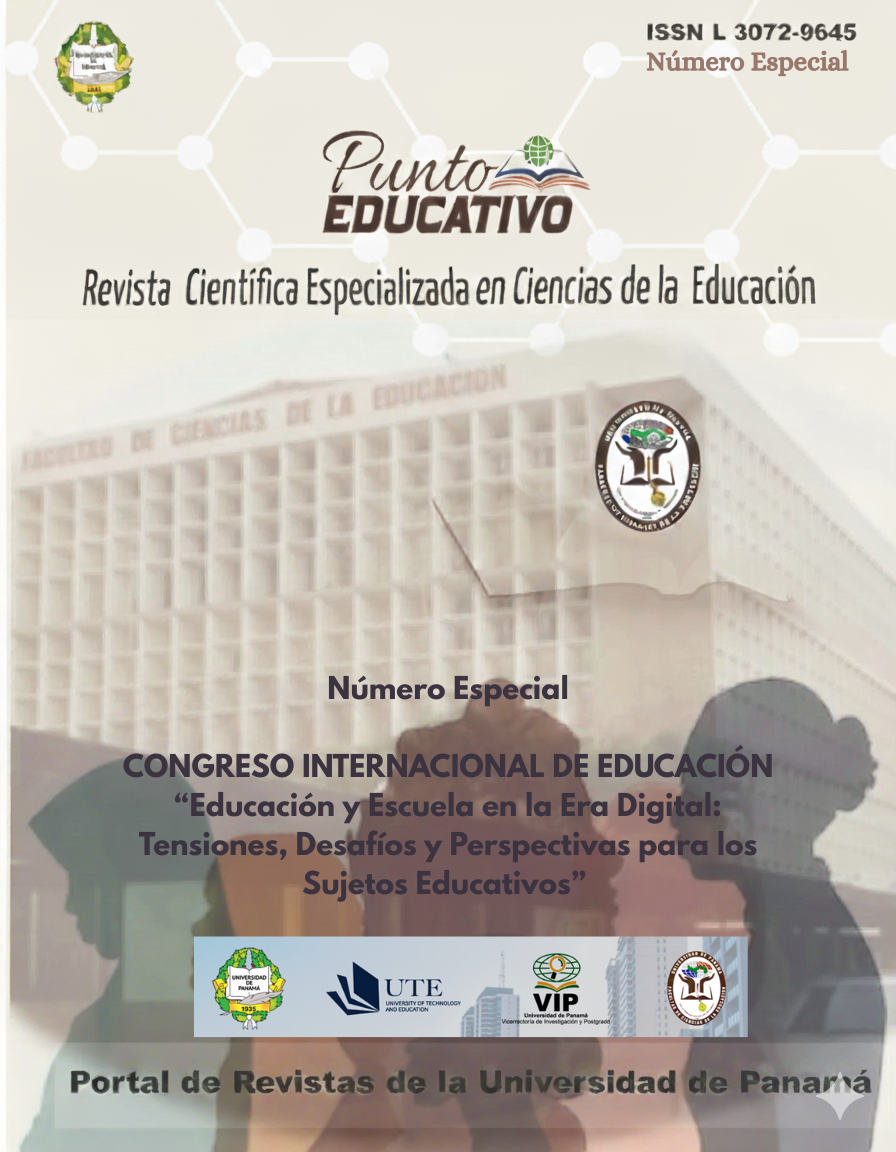

Copyright (c) 2025 Punto educativo

This work is licensed under a Creative Commons Attribution-NonCommercial-ShareAlike 4.0 International License.
This article focused on gamification within the educational field, aims to highlight the benefits generated by the application of defining elements of games (Chou, 2016) in academic contexts at various educational levels trend that permeate in the impact of it. Currently, the proposed methodology has become a valuable instrument from didactics to generate learning environments to develop thinking and social skills, due to the emerging demands of the teaching-learning process.
In order to present a significant result, a systematic review is carried out by searching for articles and doctoral research,they were found in databases such as: Scielo, Dialnet, Scopus, ResearchGate, Doaj, among others, in the period 2020-2024, available in Spanish, French and Portuguese language, as well as having the gamification and teaching as variables.These are some of the analysis criteria for the selection and reconstruction of the rewards guaranteed by gamification.
The systematized findings agree that gamification offers a greater possibility of closing technological gaps, since it allows the use of Information and Communications Technology (ICT) and Learning and Knowledge Technologies (LKT). Also, the use of gamification facilitates the promotion of deep learning built by the student himself and increase the motivation while learning. Finally, the methodological strategy by its components promotes the development of communication skills and abilities in a second language such as English in Colombian territory.